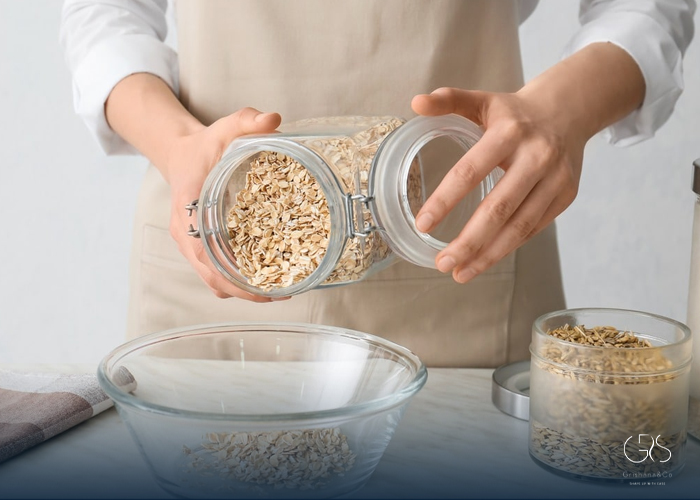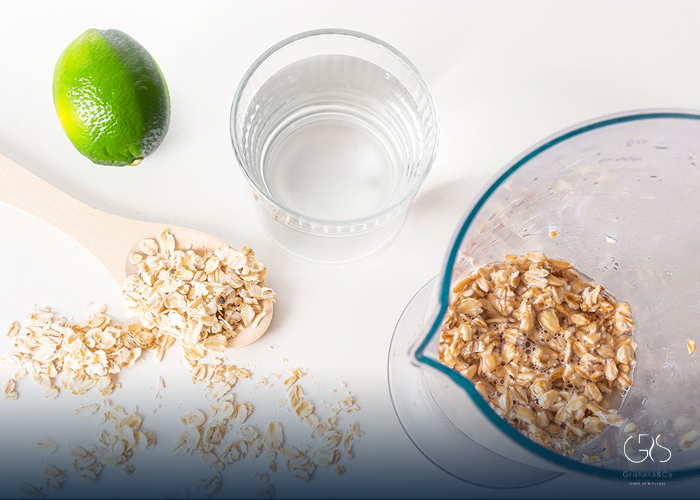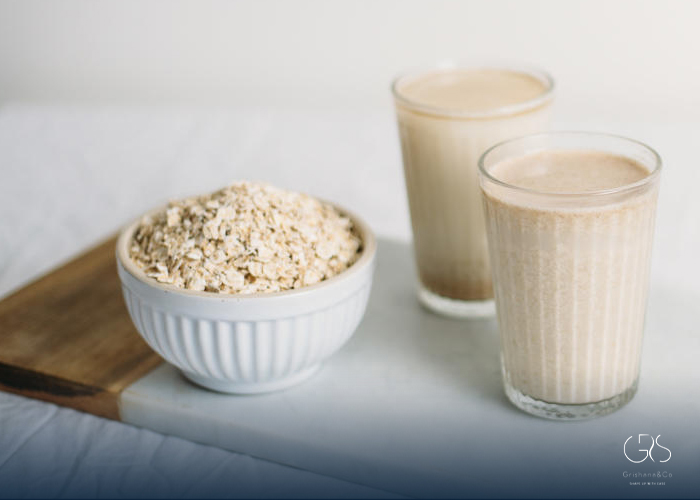In recent times, the online world has been buzzing with claims that “Oatzempic,” a drink made from oats, water, and lime juice, can aid in weight loss. The purported success stories have piqued the interest of many individuals striving to shed unwanted pounds. However, it is essential to analyze this trend by examining statistics and considering diverse perspectives to determine if Oatzempic is truly an effective solution for weight loss.
The Origins of Oatzempic:
Oatzempic gained prominence as a homemade concoction that rose to popularity through social media platforms, where individuals shared their experiences of losing weight after incorporating the drink into their daily diets. The simplicity of the ingredients and the ease of preparation have made it an attractive option for those seeking natural weight loss solutions.

Oats, BMI, and Oatzempic
The high fiber content of oats is well-known for its nutritional benefits, particularly in promoting satiety and supporting digestive health. Studies have shown that incorporating oats into one’s diet can lead to a reduction in body weight and BMI. This nutritional effect aligns with the weight loss properties associated with Oatzempic.
The Impact of Water:
Water, another primary component of Oatzempic, is known to be essential for overall health and often recommended for weight management. Drinking water can increase feelings of fullness, reduce calorie intake during meals, and boost metabolism temporarily . When combined with the fiber content of oats, this increase in satiety can potentially lead to lower calorie consumption, ultimately contributing to weight loss.
The Lime Juice Effect:
Lime juice, the third ingredient in Oatzempic, provides a tangy flavor that could enhance the taste of this weight loss drink. Additionally, lime juice is a source of vitamin C and may offer additional health benefits. However, no direct evidence links lime juice consumption to significant weight loss, and its contribution in Oatzempic remains speculative in terms of its weight management potential.

Diverse Perspectives:
While some individuals have reported noticeable weight loss with Oatzempic, it is important to remember that individual results may vary. There are numerous factors that contribute to weight loss, including genetics, overall diet, exercise, and lifestyle habits. Therefore, attributing weight loss solely to Oatzempic may not be accurate. It is crucial to approach the claims surrounding Oatzempic with skepticism and consult with healthcare professionals for personalized guidance.
Conclusion:
Oatzempic, the viral oat drink that has become an internet sensation for weight loss, presents an intriguing concept. The nutritional benefits of oats, combined with water’s potential satiety effects, may contribute to weight management efforts. However, it is important to exercise skepticism when considering any miracle weight loss solution, including Oatzempic. Sustainable weight loss is best achieved through a comprehensive approach that includes a balanced diet, regular exercise, and professional guidance.
Sources
- National Library of Medicine, The impact of water intake on energy intake and weight status: a systematic review
- Healthline, Oatzempic Challenge’: Does TikTok’s Low-Cost Weight Loss Drink Work?










